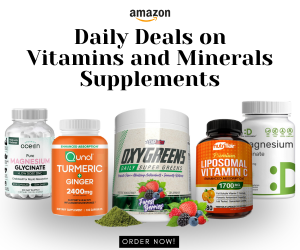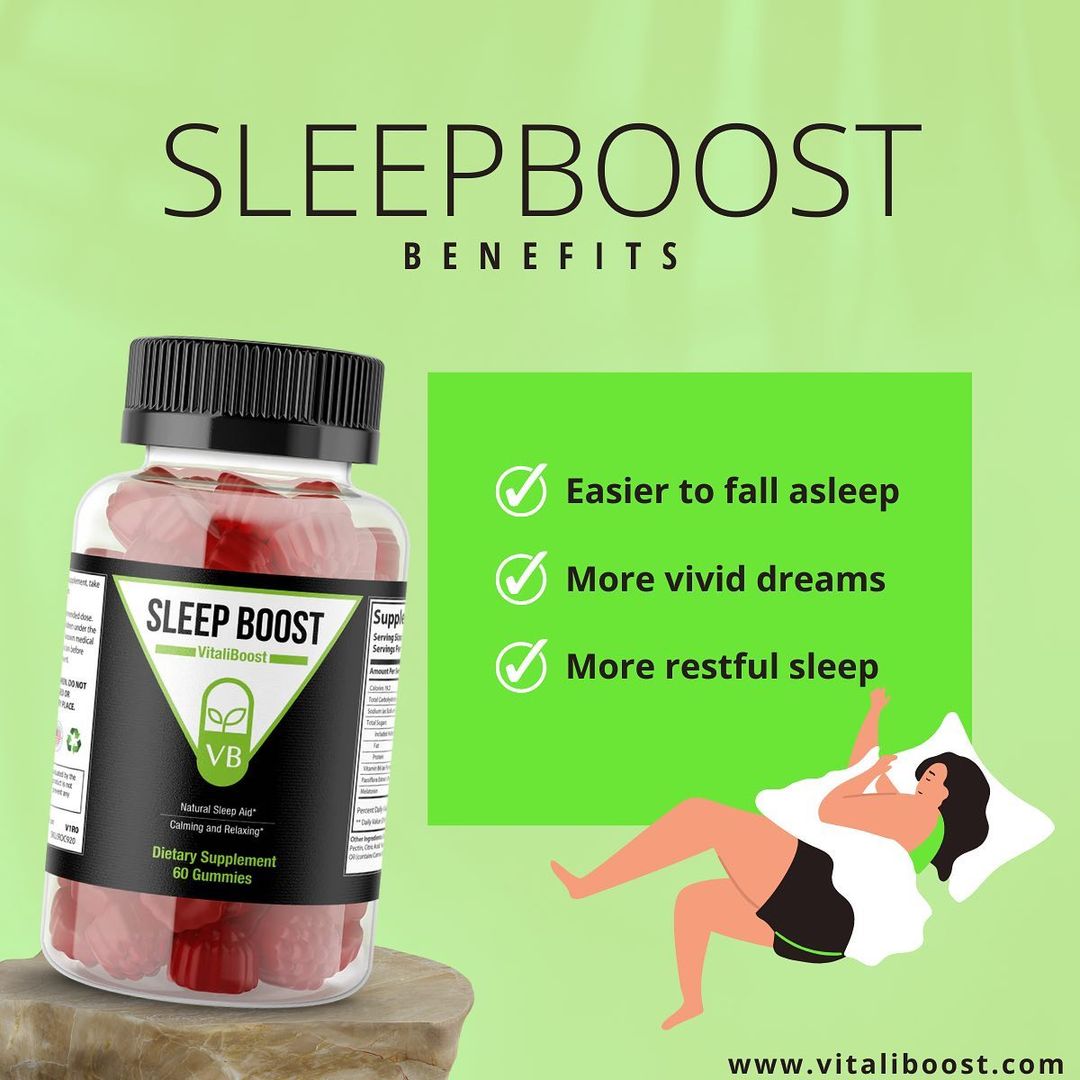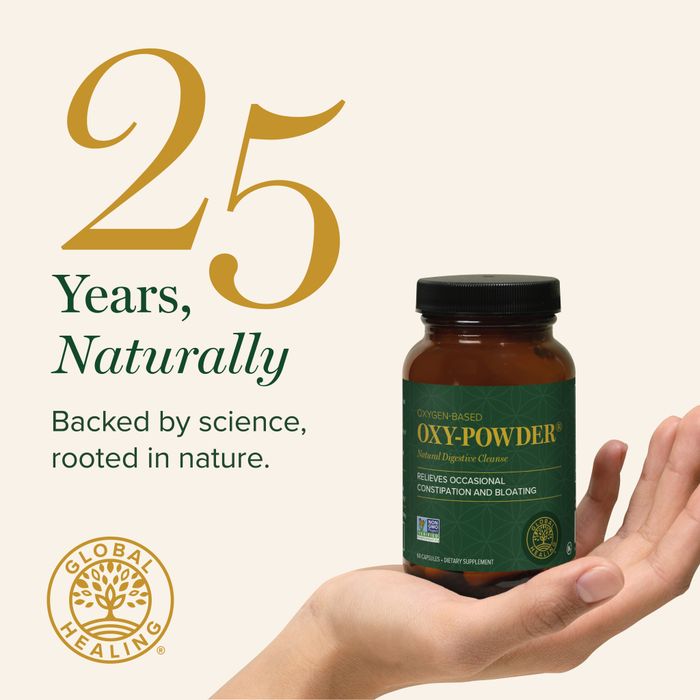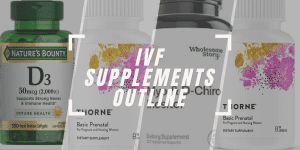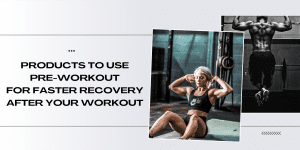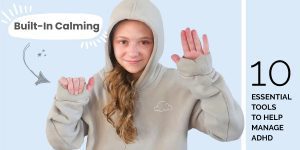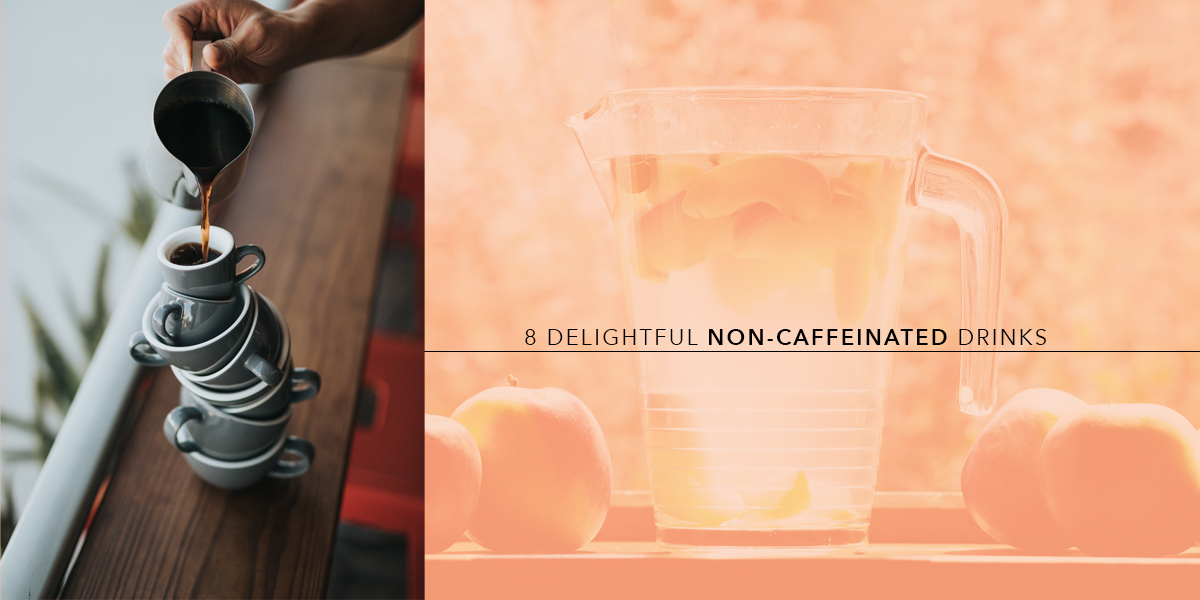
Staying hydrated is important for your health, regulating body temperature, preventing infection, and helping your vital organs function. Although some caffeine is okay throughout the day, most of your fluid intake should come from non-caffeinated drinks.
What is caffeine?
Caffeine is a naturally occurring chemical that stimulates your central nervous system. For centuries, people have consumed caffeinated products to (temporarily) boost their energy and help them focus.
How much caffeine is safe?
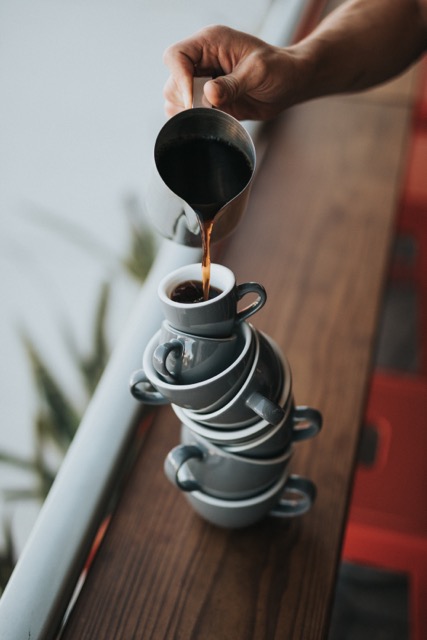
Most healthy adults can safely consume up to 400mg of caffeine daily. This is approximately four large cups of coffee. Other beverages that contain caffeine include:
- All coffee products, including drip coffee, espressos, and iced coffee beverages.
- Black and green teas.
- Eating coffee beans.
- Consuming energy drinks.
- Some sodas.
Some people can’t tolerate caffeine or have been medically advised to avoid it. Signs your body can’t tolerate caffeine may include headaches, jitters, insomnia, increased feelings of anxiousness, and frequent loose bowel movements after consuming caffeine.
If this sounds like you, you may feel better choosing caffeine-free drinks more often. Fortunately, there are many refreshing drinks without caffeine for you to enjoy.
Caffeine-free drinks
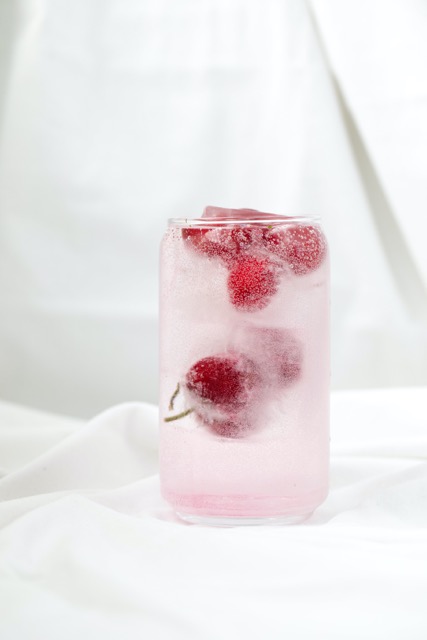
Here are examples of popular caffeine-free drinks you can choose from.
- Infused water. Add fresh fruits, herbs, and spices (such as cinnamon bark) to add natural flavors without caffeine. If you don’t like these flavors opt for plain water instead.
- Herbal mocktails. Mix your own alcohol-free mocktail using fresh herbs, homemade fruit syrups, and sparkling water.
- Caffeine-free sodas. Although sodas are high in sugar, you can still include them in a nutritionally balanced diet if you drink them in moderation. Many brands offer a caffeine-free option.
- Smoothies. You can make your own hydrating smoothie at home by mixing plain Greek yogurt with one cup of strawberries, a handful of spinach, and hemp hearts. Although some smoothies feel like a meal, this recipe is closer to a hydrating caffeine-free snack.
Warm drinks without caffeine
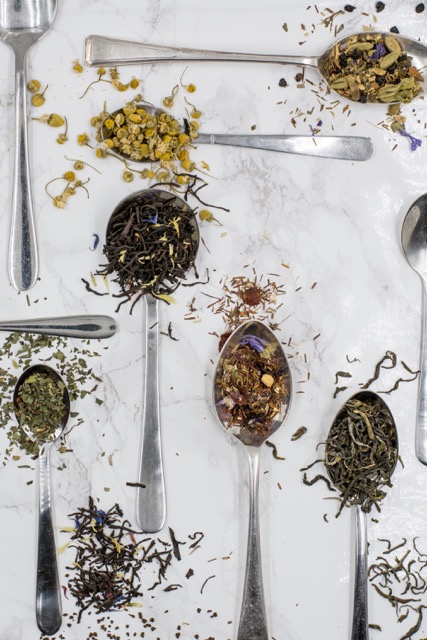
- Herbal teas, including chamomile, mint, ginger, rooibos and hibiscus. You could also make iced versions for a cooler beverage in the summer.
- Decaf-coffee or decaf-coffee substitutes, such as mushroom elixirs. Some mushroom products can contain caffeine, so be sure to read the label thoroughly before using.
- Hot milk. Add turmeric powder for an extra boost of antioxidants, or enjoy warm milk alone.
- Mulled cider. Apple cider is a seasonal treat available in the fall months. Warming up the cider in the microwave or stove is a great way to enhance the flavors and get extra comfort with every sip.
There are many reasons why you should reduce your caffeine intake. People who consume large amounts of caffeine may even feel better after decreasing their intake. Their headaches and stomach troubles can resolve, and surprisingly, they have more energy.
Other natural ways to increase your energy include following a regular sleep schedule, adhering to a consistent exercise routine, and eating regular meals throughout the day.
How do I know if a product contains caffeine?
Caffeine is not a nutrient therefore, it is not listed in the nutrition facts label of a product. To know if an item has caffeine, you should inspect the packaging thoroughly and review the nutritional properties online.
Most caffeine-free drinks will clearly say “caffeine-free” or “decaffeinated” on the packaging. However, this information may be absent from some products (such as water), so it can be worthwhile to investigate the product on the company website and review the ingredients.
Enjoy non-caffeinated drinks
You can drink non-caffeinated drinks all year round. Experiment with recipes at home until you find the perfect formula that tastes best for you.
FAQS
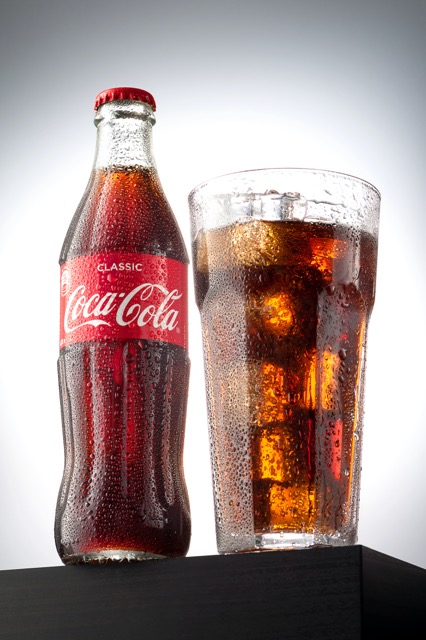
Does soda have caffeine?
Yes, some sodas contain caffeine. You may need to review the product’s nutritional values online to see if it contains caffeine.
Is caffeine harmful?
Caffeine can cause unpleasant symptoms, but most adults can tolerate 400mg daily (which is approximately four large cups of coffee). Some people may need to avoid caffeine due to medical reasons. This information should be reviewed with a doctor.
What drinks don’t have caffeine?
Drinks that don’t contain caffeine include plain and carbonated water, herbal teas, infused water, smoothies and fruit juices, and hot milk.


